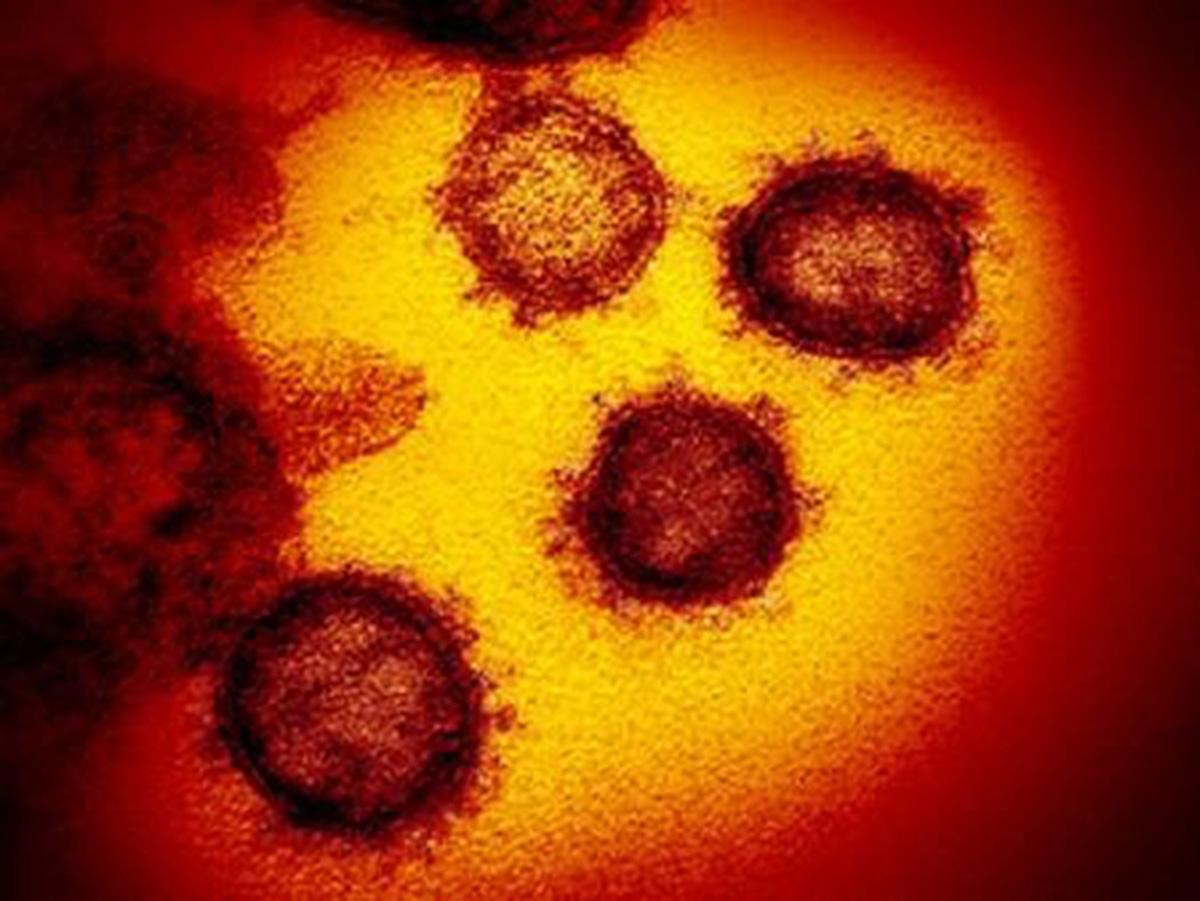Vanessa Alvarez, a second-year graduate student majoring in counseling with an emphasis in student affairs and college counseling, said she began noticing COVID-19 symptoms during the summer after returning from a jog.
“It was funny. I remember it clearly,” she said. “It was really, really hot, [and] I was really, really red. I felt tired, so I went to take a nap for a few hours and when I woke up I felt the same way, but worse.”
Alvarez, 25, remembers feeling fatigued at first. After taking medicine, she had started to feel better, thinking maybe her run and the weather had aided in her exhaustion.

Over the next few days, Alvarez began noticing the various symptoms continuing.
In addition to her fatigue, she said her throat felt swollen and sore, and an online assessment test stated she probably didn’t have the virus. But Alvarez had a “gut feeling” that she needed to go and get tested, despite taking precautionary measures.
“I can’t even explain it, I just did not feel right,” Alvarez said. “So, I made the appointment for the following day, and up until the time I was supposed to go I kept saying, ‘It’s probably not COVID, you’re fine.’”
Michelle Garcia, a freshman majoring in biology, began to feel similar symptoms like Alvarez after coming in contact with a suspected COVID-19 positive resident at the nursing facility she works at with her mother.
For Garcia, 18, she had previously been tested for COVID-19, but her first results had come back negative. During this time she wasn’t showing symptoms, but after learning this and two days after finding out her mother had tested positive, she began noticing some symptoms.
“I woke up and my whole body was sore. I was thinking, ‘Oh my gosh, it feels like I just did a really intense workout.’”

For both students, it took only four days to receive their test results and confirm that they had contracted the virus that had taken the lives of at least 237,000 Americans.
In Alvarez’s case, she wasn’t scared for herself, but her loved ones around her.
“If something happened to me, I’m okay with that, but my family are the ones that were really concerning to me,” Alvarez said. “My whole world fell apart for a few hours. I was crying, I called my sister for comfort. It was really hard to take in.”
After learning she had tested positive, Garcia wasn’t too surprised.
“Working in a nursing facility, I knew I was going to come across it at some point, so I kind of prepared myself for it,” Alvarez said.
Although she suspected her results, Garcia said she still felt bad when realizing she wasn’t able to return to work.
“I wanted to be able to help because all the residents that we’re taking care of were all sick too,” she said.
Over the course of quarantine, Alvarez and Garcia both had similar symptoms, which consisted of a loss of taste and smell, fatigue and painful headaches. The two were only sick for a short period of time, although they had to quarantine for a mandatory 14 days.
Even though Alvarez and Garcia have fully recovered, both still feel the lasting effects of the virus.
“I just feel very fatigued sometimes, even when I rest,” Alvarez said. “That feeling of tiredness just doesn’t go away…I can sleep for hours and still wake up tired.”
Garcia agreed, stating some days she feels extremely tired and that her taste and smell haven’t fully recovered either.
There is very little insight as to what the lasting effects the virus afflicts to those who contract COVID-19 as well as the long-term effects the virus will have in society and everyday life.
As cases continue to rise throughout the country and in the valley, it doesn’t appear that the COVID-19 pandemic will end anytime soon.




